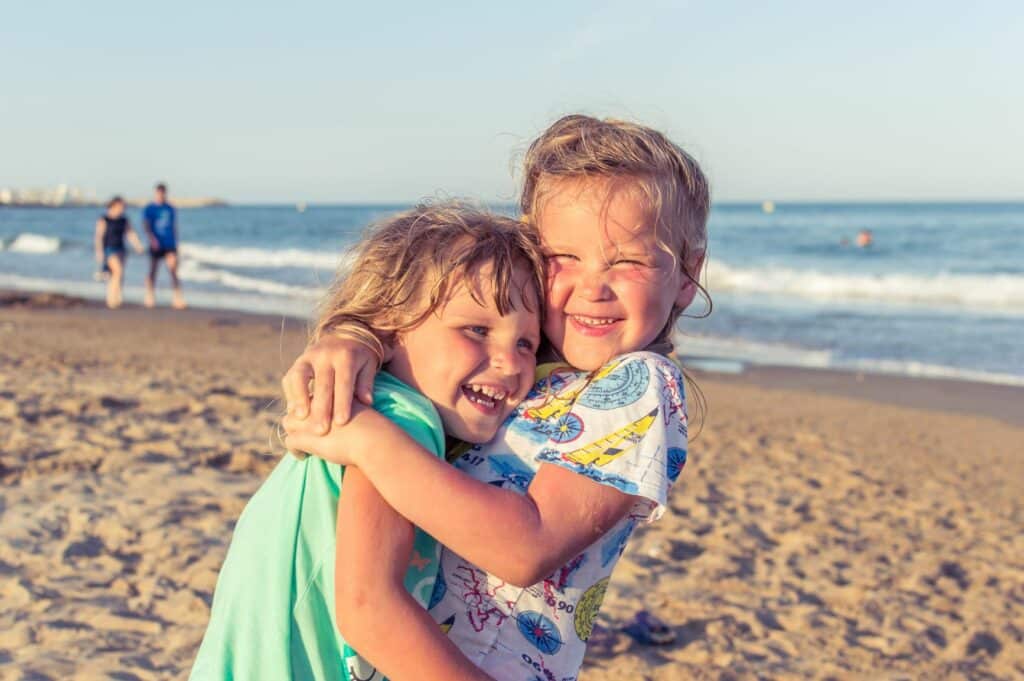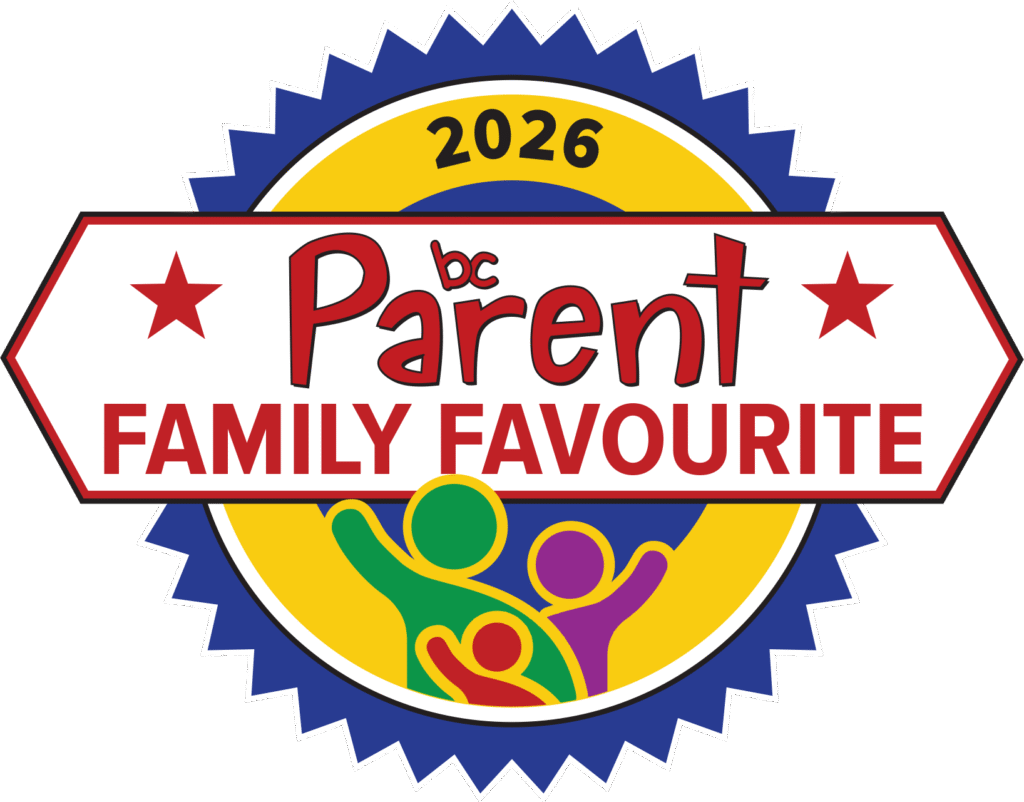The Unstoppable “Reset” Mindset
Reset is for anyone who knows the strain of balancing life on the tightrope of being everything to everyone.


The thought of skin cancer for our children may seem remote and not a priority at first. Skin cancer
symptoms are so delayed that you don’t see it develop until 15-20 years later. However, skin cancer is
the most common form of cancer. And the rates are rising. That raises a flag to all parents and guardians
of how important it is to educate to prevent so that sun-protective behaviour becomes a natural and
effective routine for the young.

British Columbia has the highest rates of skin cancer in Canada, and one in every five individuals in the
province will acquire skin cancer during their lifetime. With this alarming fact, sun exposure risk for
parents when taking children to enjoy time outdoors must also be taken into account. Oftentimes,
parents are so busy caring for the little ones that they might forget to care for themselves and be sun safe.
Since 1960, a three to eight percent yearly increase in skin cancers has been reported, despite skin
cancer prevention campaigns emphasizing education on sun protection factor (SPF) of sunscreens,
ultraviolet protection factor (UPF) of protective clothing, and ultraviolet (UV) index values.

More than 90 percent of skin cancers are due to excessive ultraviolet exposure from either sunlight or
artificial tanning devices. This problem may worsen with climate change and the shifts we have seen in
the past with the ozone layer. Despite the adequate understanding of the harmful effects of ultraviolet
radiation, sun-protective behaviours are practiced infrequently, particularly amongst youth, as per a
study with 1220 youth in 50 classrooms in Canada.
Studies have shown that much sunlight exposure happens during childhood and adolescence. Children’s
skin is also more prone to the harmful effects of sun exposure, causing significant damage that increases
the risk of skin cancer. One blistering sunburn during childhood doubles the possibility of melanoma (the
most severe form of skin cancer). Given this data, children and teenagers should prioritize skin cancer
prevention.
The good news is that skin cancer is one of the most preventable forms of cancer. Simple steps can
reduce the chance of sunburn and the development of skin cancer.

Ultimately, we want children to be active and spend outdoors. However, educating children and youth
about sun safety practices can significantly reduce the chance of dealing with cancer when adults. Let’s
keep children and youth sun safe now to help give them a healthy future.
Learn more at vch.ca
Dr. Sunil Kalia is a physician at the Skin Care Centre, Vancouver General Hospital, including the Photomedicine Institute, and an investigator with the Vancouver Coastal Health Research Institute.
Updated July 3, 2025
Reset is for anyone who knows the strain of balancing life on the tightrope of being everything to everyone.

The nominations have been tallied, and the voting begins on January 10th! Look at the Family Favourites you nominated! Family Favourite Nominees 2026 Congratulations to all the nominees!

Do you remember how delightful Christmas holiday was when you were little? If the countdown to Christmas is stressing you out, it just means you’ve grown up! Read these tips to reclaim the magic of the holiday season.
